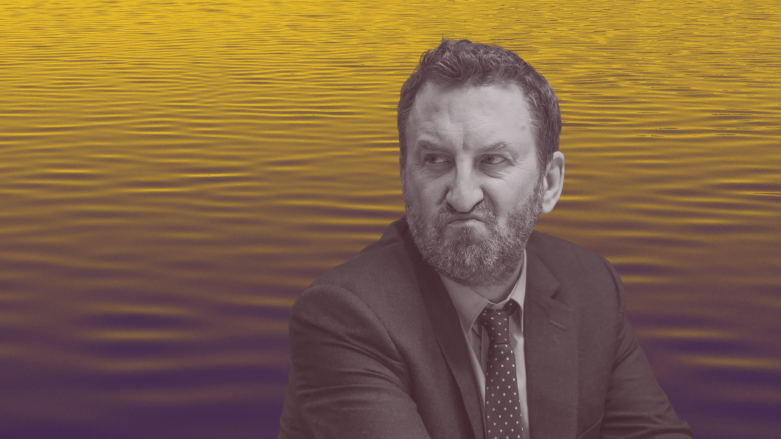

It’s long been assumed that the primary responsibility of any Board is to protect the best interests of the company’s shareholders.
This well-known mantra has been the backbone of our financial system for decades. And in many ways, there is straightforward, sensible reasoning behind it. Shareholders own the company, and the Board decides the company’s strategy. If the Board make the right decisions, the shareholders reap the rewards. Just as significantly, if the Board miss the mark, in essence it’s the shareholders who pick up the bill.
Without getting too high-minded, it’s important to make the point that this isn’t necessarily a greedy capitalist ideology – it’s one that, in many ways, forces those in power in the world of business to use the resources at their disposal as efficiently as possible, to hire the best talent based on performance rather than favouritism or prejudice, and to innovate when they might be inclined to rest on their laurels.
This would be sound and virtuous logic, indeed, if maximising share price or dividends was always in perfect correlation with a company maximising its positive impact on society. Rather obviously, that’s not always the case. Accountability is a good thing
Enter… the water companies.
The comedian Lee Mack, speaking this week on one of the interchangeable news channels that isn’t the BBC or Sky, was clearly in impassioned spirits when talking to Krishnan Guru-Murthy from the banks of Lake Windemere, while campaigning about the levels of sewage in the lake.
He acknowledged that United Utilities had spent £19m on the clean-up, but didn’t attempt to disguise his disgust when noting that the company had just announced a £300m pay-out to shareholders. To share about the least funny Lee Mack quote of all time (regular viewers of Not Going Out may disagree) – ‘You can’t be making a profit at the moment, there’s too much sewage in the lake; they need to clean it up before they do anything with shareholders’.
It goes without saying that this is seemingly a complete contradiction of the ‘shareholder first’ mantra, and the idea of neglecting both profits and shareholders for the sake of cleaner waterways – or at least for the sake of cleaning the waterways more quickly – might not chime all that well with the United Utilities Board.
But here’s why, just maybe, it should.
Forget ‘shareholder first’. Any Board has four parties to consider: potential investors, existing shareholders, employees, and customers. And it would be a mistake to treat any one of these in isolation. Neglect your employees, watch the level of service deteriorate, and how happy are your customers? Neglect your investors, watch the capital dry up and the cuts roll out, and how happy are your employees? Create a company with unhappy customers and employees… and how attractive is that to new investors? Lose your ability to raise capital, and what are your existing shareholders thinking?
In the case of United Utilities, the customers don’t really have a huge amount of choice on whether to buy their product. But investors do have choice. And – and I realise I would say this working in financial PR, but time after time this has proven to be true – when you lose your reputation, you become a far less attractive proposition for new investors.
Maybe you can put your shareholders first in the long term, but in the short to medium term you have to take a broadminded view. Protect your reputation, serve your customers, serve your employees, be a good ‘corporate citizen’ and minimise your negative externalities.
Maybe at a given moment the dividend might be lower, but in the long term, your shareholders will thank you.
By Jonty Head, PR consultant at Paternoster Communications